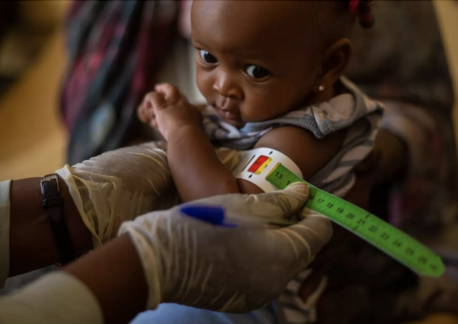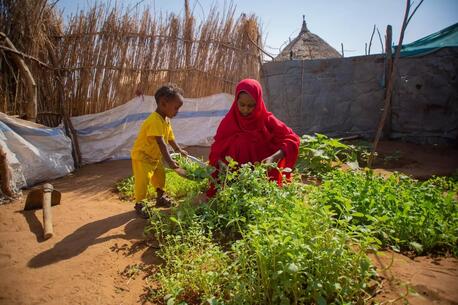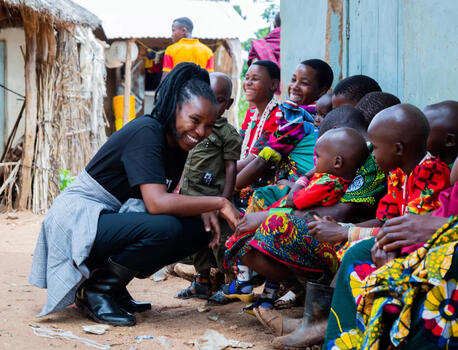
UNICEF in Tanzania
UNICEF works with the government and local partners in Tanzania to support children's health, nutrition and education and to ensure children are protected and their rights respected. Learn more, including how to help.
Years of steady economic growth propelled Tanzania to lower-middle-income status in 2020, and the East African nation continues to make progress in education access, health care and social inclusion. Challenges persist across many areas, including child rights, poverty, malnutrition, quality of education and access to safe water — all of which are compounded by the effects of climate change, regional instability and the hosting of refugees.
And the stakes are rising. Out of a population of 62 million, 29 million are under the age of 18; by 2050, Tanzania's child population is expected to double.
More children are surviving past their fifth birthday in Tanzania — the under-5 mortality rate is less than one-third of what it was in 1999 — but the pace of progress has slowed in recent years, and maternal and neonatal mortality remain high, with teen pregnancy and poor adolescent and maternal nutrition as major contributors.
Tanzania has made great strides in reducing poverty, but there too progress has been uneven. Inequalities persist along an urban-rural divide, both in mainland Tanzania, where the poverty rate is 1 in 3 — twice what it is in the cities — and in Zanzibar, where almost three-quarters of the poor live in rural areas.
Climate-related disasters are a growing problem, with roughly 1 in 5 Tanzanians affected by drought every year. Floods and mudslides triggered by heavy rainfall are also an increasingly common hazard.
Millions of children in Tanzania remain out of school.
How UNICEF is helping children in Tanzania
UNICEF works with local partners in Tanzania to support children's health, nutrition and education and to ensure children are protected and child rights respected. Reducing disaster risks and adapting to and/or mitigating the impacts of climate change are top priorities that cut across these program areas.
UNICEF also provides humanitarian assistance to refugees living in the country, most of whom are from neighboring Burundi and the Democratic Republic of the Congo.
Through evidence generation, capacity building, policy support, system strengthening and social and behavior change, UNICEF is helping the country make progress on a number of fronts.
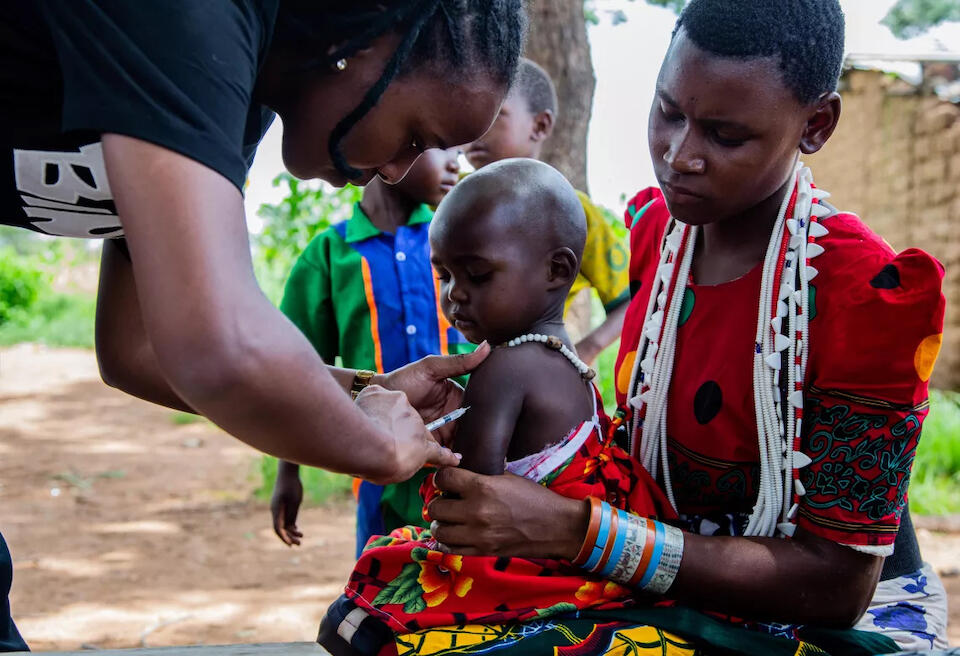
Improving children's health and nutrition in Tanzania
A top priority for UNICEF in Tanzania is to help reduce rates of preventable and treatable diseases such as malaria, pneumonia and diarrhea. In 2023, months-long efforts to immunize children who had never been vaccinated — known as zero-dose children — managed to reduce their numbers by 75 percent.
Other ways UNICEF supports children's health and nutrition in Tanzania include:
- supplying essential medicines and bringing basic care services to remote areas
- supporting government efforts to strengthen health systems at the district level
- providing cash transfers to households so that nutritious food is more affordable for families
- improving water and sanitation systems to increase access to safe drinking water
UNICEF is also committed to helping Tanzania end stunting among children — a condition where a child's height is below what it should be based on age, the result of malnutrition. With UNICEF's help, Tanzania has been able to reduce stunting among children, yet it remains prevalent, jeopardizing not only children's well-being and future potential but also the nation's.
Another goal is to help increase the proportion of births attended by skilled health professionals, particularly in rural areas, through education and capacity building.
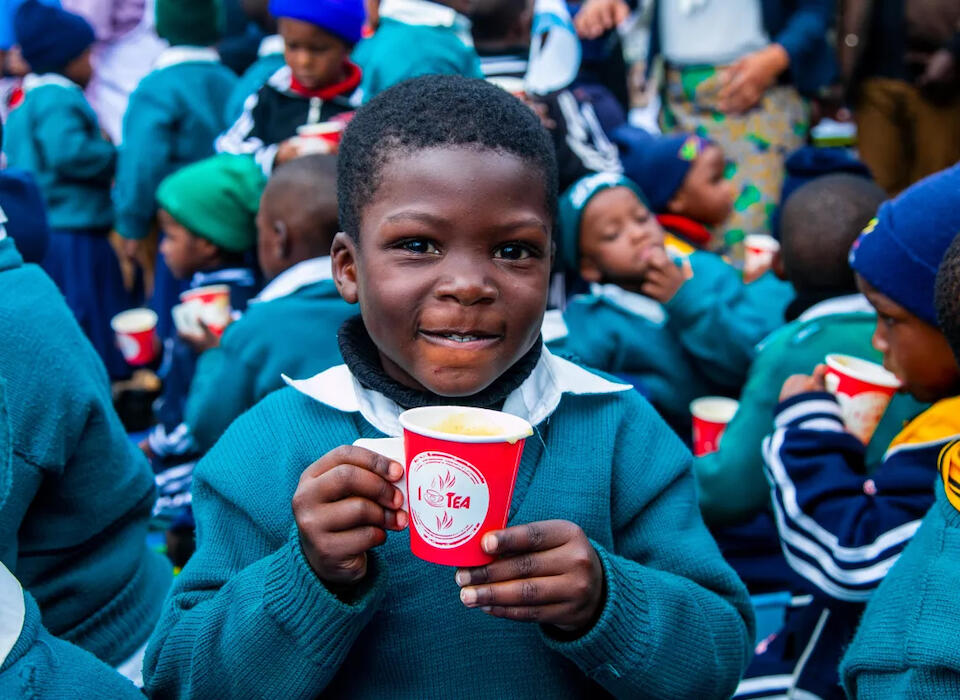
Improving access to safe water, education in Tanzania
In 2016, the government of Tanzania adopted a fee-free basic education policy, leading to a dramatic increase in the enrollment in pre-primary and primary students. With the influx in new students, however, came a new challenge — a shortage of teachers — and teacher-to-pupil ratios soared.
UNICEF has been supporting government-led efforts to fill the gaps by training and deploying volunteers at satellite learning centers, a cost-effective solution in rural areas.
UNICEF-supported water and sanitation improvement projects, meanwhile, are helping to improve the overall learning environment at schools, boosting attendance and overall learning outcomes. An ongoing project in Kigoma that aims to reach 200,000 people across 31 villages with improved access to safe water involves replacing diesel-powered pumps with solar-powered ones, an important climate change mitigation measure.
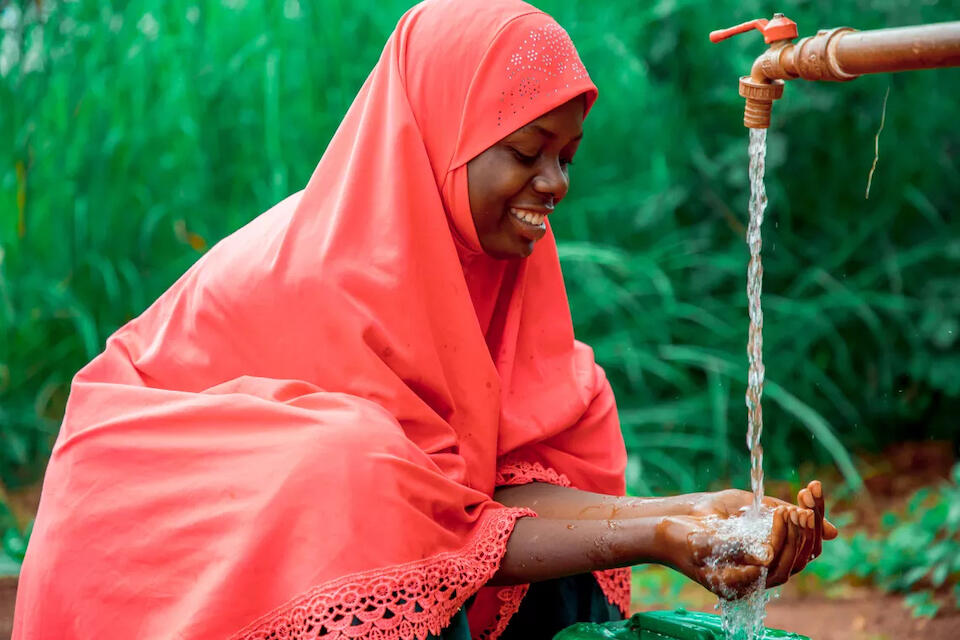
How UNICEF helps Tanzania address violence against women and children
The prevalence of sexual, physical and emotional violence in Tanzania — like many other countries in Southern Africa — is among the highest in the world. Across the Southern Africa, an average of 17 percent of girls and women experience forced sex in their lifetime and 80 percent of children experience violent discipline at home. Women are significantly more likely to report childhood experiences of sexual abuse (28 percent) compared to men (18 percent).
By one estimate, 28 percent of women in Tanzania have experienced sexual abuse during childhood and 38 percent of girls and women have experienced some form of violence by a domestic partner; one-third of those who experienced violence never sought help. About 27 percent of adolescent students have experienced bullying.
“The root causes of violence against children and women are grounded in power imbalances,” Etleva Kadilli, UNICEF Regional Director for Eastern and Southern Africa explains. “Abuse of power occurs along the dimensions of both age and gender. Poverty, unemployment, weak legal frameworks, armed conflict and humanitarian crises also exacerbate this high prevalence of violence throughout Southern African countries. Violence against women and children is often normalized, and in many cases becomes intergenerational. We must break this vicious cycle of violence.”
To combat violence against women, UNCEF has been scaling up gender-transformative initiatives to support parents and caregivers and create more gender-equitable household structures, ensuring schools are ‘Safe to Learn’ by adopting policies and systems that protect children, and including measures to protect children from online violence.
To do so, it has focused on strengthening opportunities for children and community members to report violence, while helping to train social workers in domestic violence intervention and child protection.
UNICEF has also been engaging with religious leaders in Tanzania to help raise awareness of harmful social norms and practices and to prevent violence against women and children.
For example, UNICEF and partners have developed a user-friendly pocketbook distributed to 600 Christian and Muslim religious leaders, reaching approximately 160,000 Tanzanians, that includes numerous religious texts that speak against violence towards women and children, and other targeted messaging to prevent harmful practices and promote positive gender norms.
“Since we started using the pocketbooks to raise awareness in the community, we have been receiving reports on cases of violence,” says Sheikh Hassan, the leader of the Muumini Islamic Center. “Members of the community are starting to understand the importance of reporting. All the cases we receive, we refer to the social welfare officer.”
How UNICEF assists refugees living in Tanzania
Hundreds of thousands of mainly Burundian and Congolese child and adult refugees and asylum seekers live in densely-populated camps with inadequate shelter, health services and water, sanitation and hygiene (WASH) support. It is estimated that there are 1,500 cases of severe wasting and nutritional edema among children living in the two largest camps, Nduta and Nyarugusu, every year.
UNICEF maintains a presence in the camps, providing lifesaving assistance to children in need — children like 19-month-old Israel, who was diagnosed with severe wasting in May 2023 and later recovered thanks to the care he received through UNICEF's Integrated Management of Wasting Program.
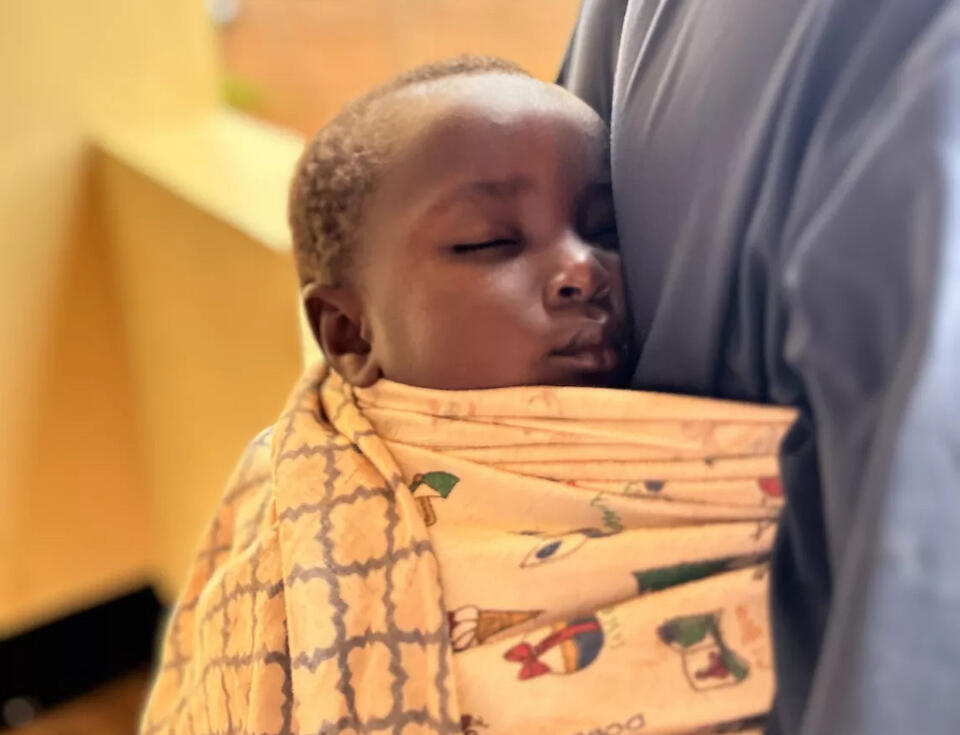
Community nutrition volunteers: the lifesaving link between children in need and treatment services
Israel’s mother, Jane, 27, left Burundi with her five children, arriving at Nduta refugee camp in Tanzania's northwestern Kigoma region in 2020. With only a 20-month age gap between her second youngest child and Israel, breastfeeding became a struggle for Jane, particularly after she became pregnant again. Her husband had been missing for three years, leaving her to care for her five children alone, and she was overwhelmed.
"I suffered from anemia and fatigue, and the pain, rashes and discomfort of breastfeeding meant I had to stop breastfeeding Israel after his first birthday," Jane says. "I was married at 15 — I was still a child," she adds. "There were so many challenges, including Israel being born prematurely weighing less than two kilograms."
John Stone, one of dozens of UNICEF-supported community nutrition volunteers stationed at Nduta, diagnosed Israel with severe wasting and nutritional edema after screening him in Jane's home. He then connected him to in-patient services, including treatment with therapeutic milk and Ready-to-Use Therapeutic Food (RUTF). As a result of round-the-clock care and support in both in-patient and out-patient settings, Israel’s condition dramatically improved, and he was discharged from the program in July 2023, fully on the road to recovery.



